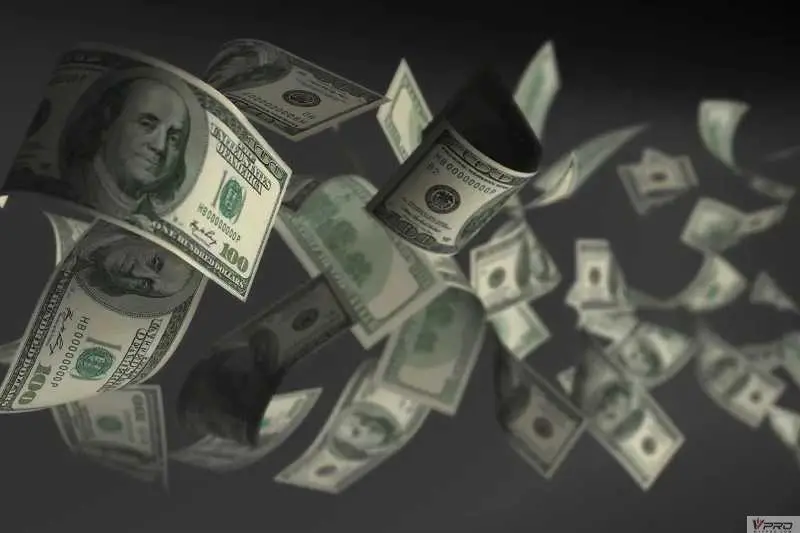
A tax bill that would make e-liquid much more expensive passed a House committee Wednesday, without having a single public hearing. If passed by the whole House and Senate and signed into law, the bill would add $20 to a 60 mL bottle of 12 mg/mL e-liquid.
The bipartisan bill, HR 4742, was introduced by New York representatives Tom Suozzi and Peter King on Oct. 18, and was passed at a meeting of the Ways and Means Committee just five days later without any formal public debate. The legislation is so new its full text hadn’t even been published on the congressional website as of this morning—two days after it was voted out of committee. The bill passed 25-14, with all but two Democratic members voting in favor, and all but two Republicans voting against.
“I’m terrified by the number of teenagers who are becoming addicted to nicotine because they vape,” Rep.Suozzi said. “Increasing the cost of vaping will have a direct correlation to decreasing the usage of vaping products.”
As with the governors who have passed emergency vaping bans, the position of the committee seems to be that no one would dare argue against a rule that makes vaping more difficult. The sponsors cited the the lung injury outbreak tied to black market cannabis oil as a reason to tax vaping products at a rate equivalent to cigarettes.
Whopper from @RepTomSuozzi in response to a *nicotine* tax: "Let's start [with] the basic concept -- vaping is bad. It's killing people. It's putting them in the hospital. ... Mothers and fathers are literally freaking out about their children."
— Gregory Conley (@GregTHR) October 23, 2019
That puts Reps. Suozzi and King at odds with tobacco policy experts, who advise using differential taxation—making less dangerous products less expensive than more dangerous ones—to encourage smokers to switch to much safer vaping products. But it’s also not a fair assessment of the bill as it is written, which actually taxes vaping at a higher rate than cigarettes.
The bill, which bases the tax on nicotine content rather than e-liquid volume, proposes a tax of $50.33 per 1,810 milligrams of nicotine, which breaks down to 2.78 cents per mg. Cigarettes are taxed at $50.33 per 1,000 (about $1.00 a pack at retail), or about a half-cent per mg (each cigarette contains about 10 mg, which adds up to 200 mg per pack).
Suozzi and King didn’t consider the content of cigarettes, but the yield—the amount of nicotine absorbed by the smoker. But for vaping, they measure the content, and not the amount absorbed by the vaper.
Using that apples-and-oranges comparison, a 30 mL bottle of 50 mg/mL nic salt e-liquid would have an additional $41.70 added to the price, even though by content the bottle only contains the equivalent of smoking 7.5 packs of cigarettes, which are taxed at just $7.50.
If the tax is applied to DIY nicotine—and it appears that it will be—the cost hike is even more dramatic. The tax on a liter of 100 mg/mL DIY nicotine, which is the most common level used by mixers, would add almost $2,800 to the cost!

The chief of staff from the Joint Committee on Taxation told the House members that the bill would raise $10 billion over 10 years. He also said the tax will lead to a 22 percent reduction yearly in vaping product sales. Those guesses don’t seem to take into account the black market that will be created by such a law.
If HR 4742 passes, it will immediately create the most hazardous kind of black market. It will encourage illegal importing of very high strength nicotine, which is easily available from Chinese sellers. Inexperienced mixers handling pure nicotine (1,000 mg/mL) will inevitably have dangerous accidents. Rep, Suozzi, who said that vaping “is killing people,” has no idea what his bill might lead to. And they don’t seem to care that many of those ex-vapers will become smokers again.
Ironically, the product the authors intend to make less appealing to teenagers, prefilled pods like JUUL, will be the least affected by the tax. And the structure of the tax will encourage people to vape lower nicotine e-liquid, which means inhaling more flavoring and mixing base. It also probably means fewer smokers will convert to open-system vaping, since new vapers are the most likely to benefit from low cost and high nicotine content.
The bill is not final. It can change between now and when the full House votes on it—and then again before it makes its way through the Senate. But it should be alarming to every vaper, e-liquid manufacturer, and harm reduction proponent.
Article Provided By:
Article Written By: Jim McDonald





